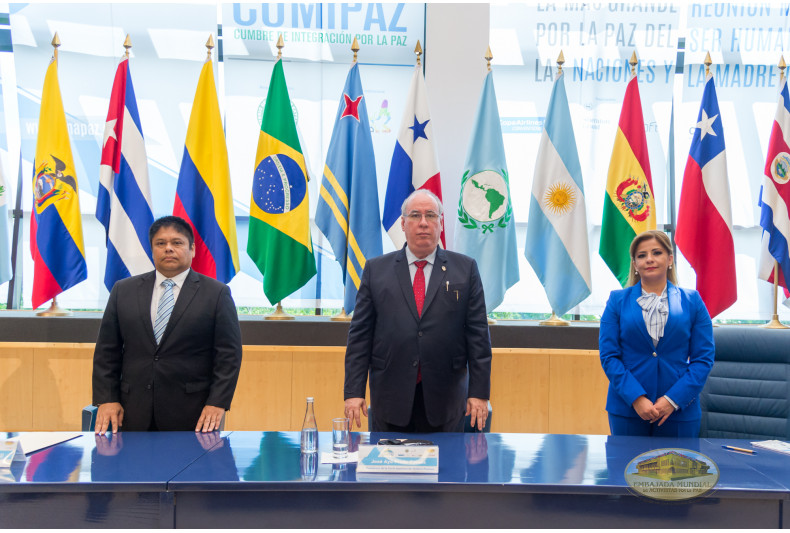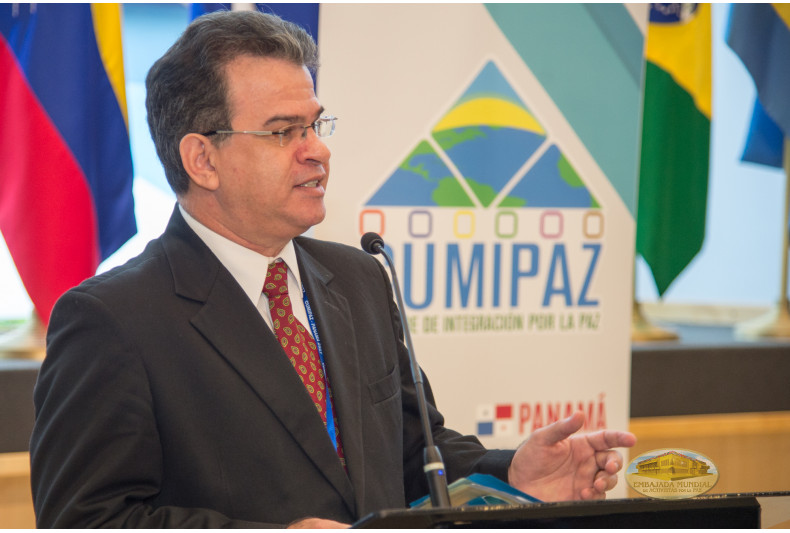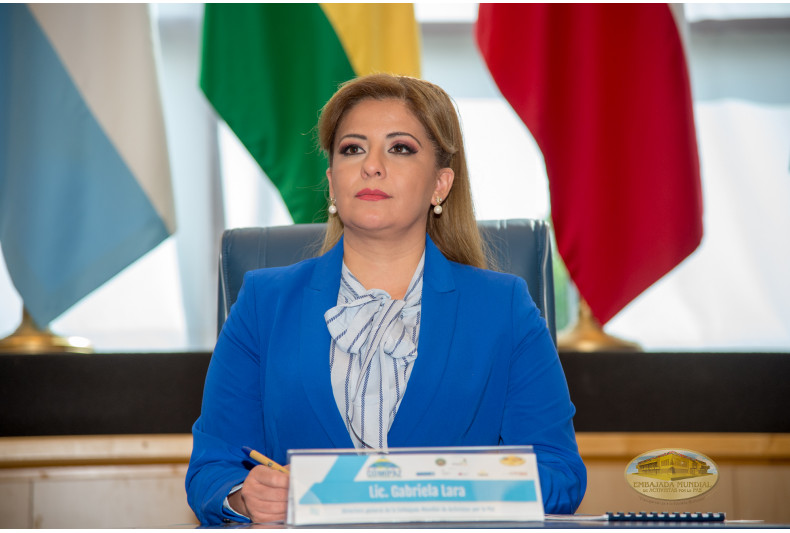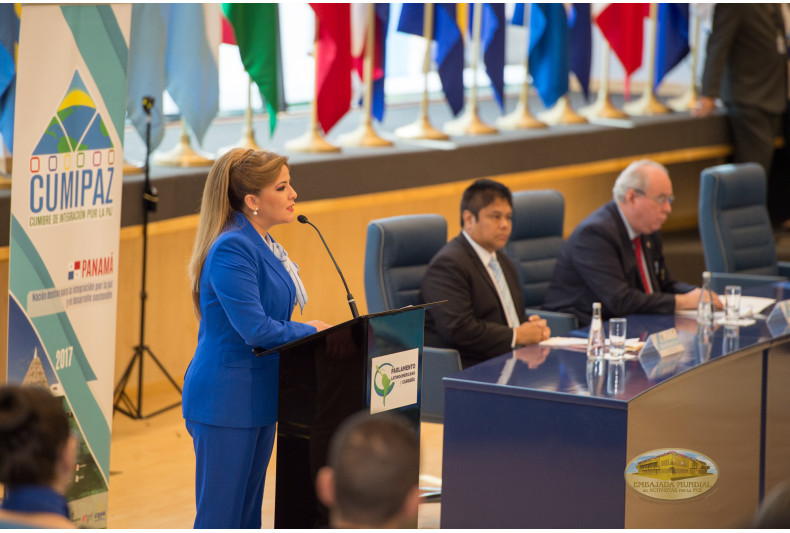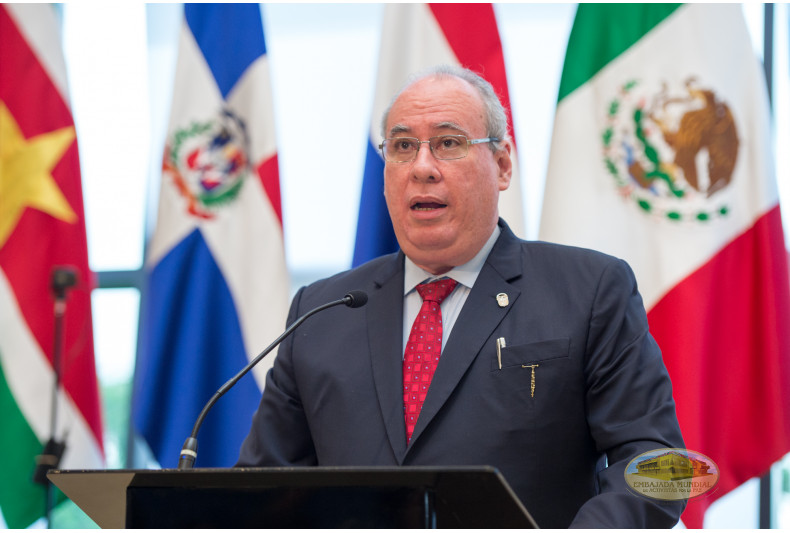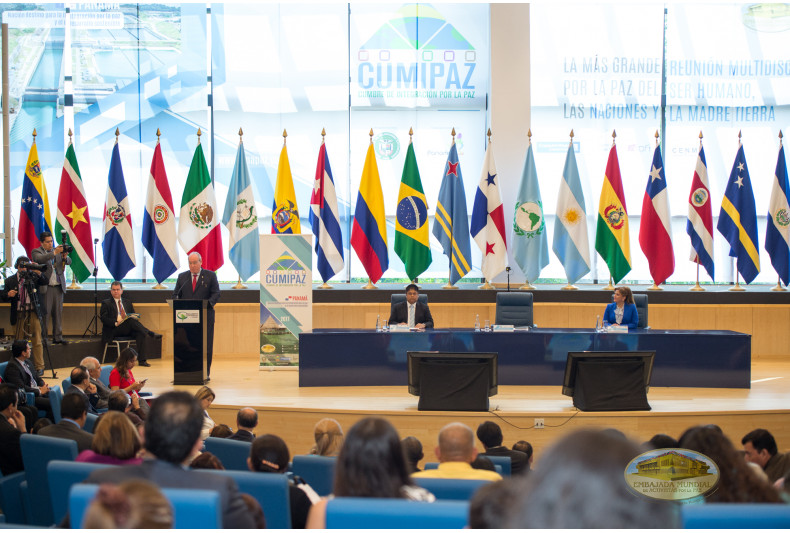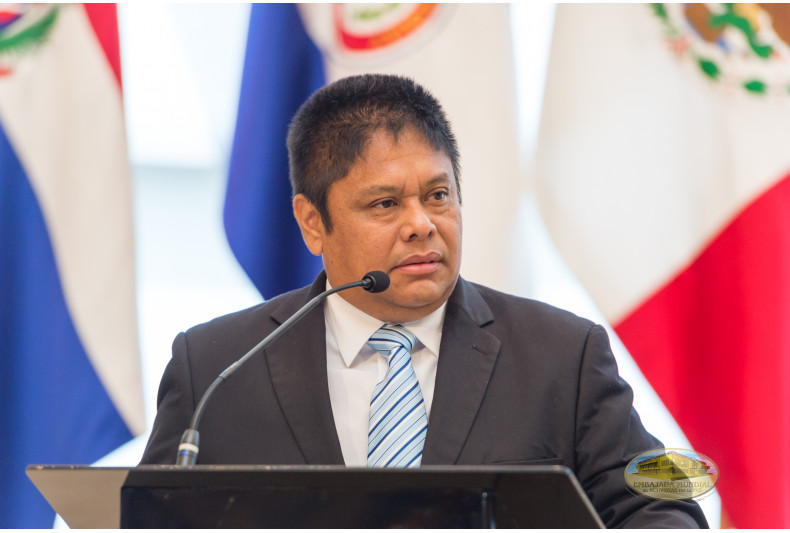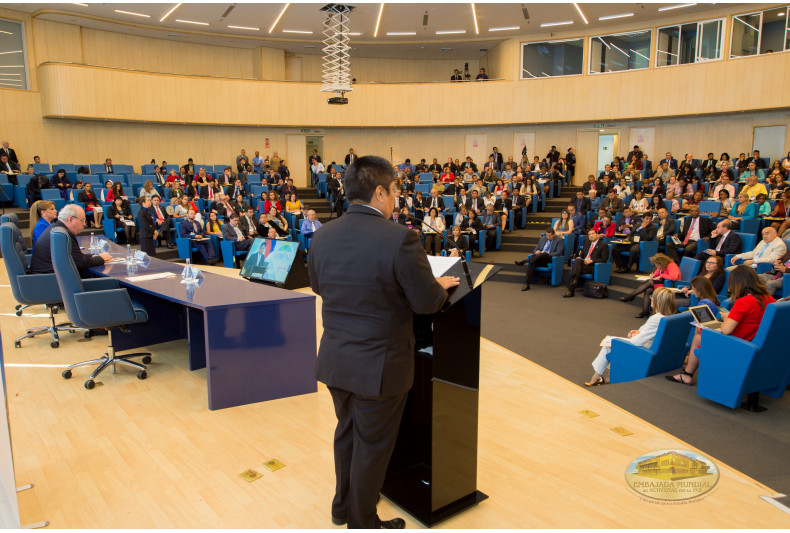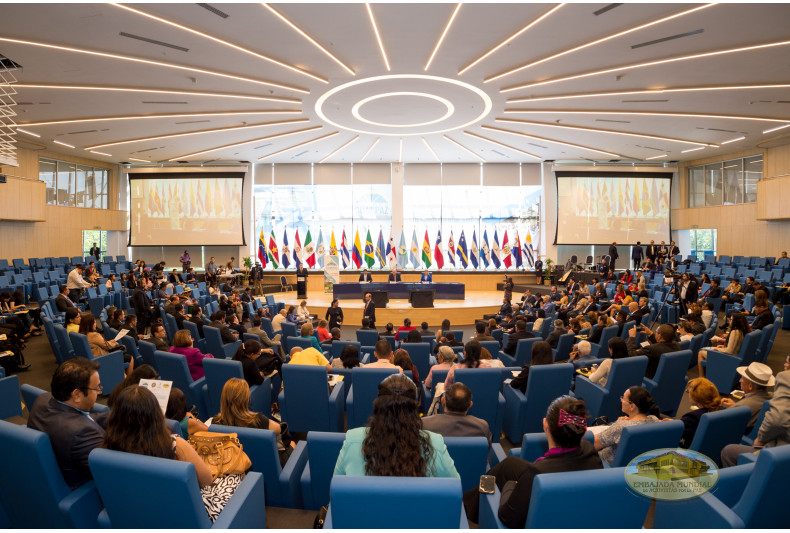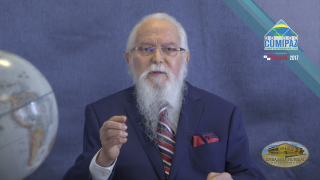New Human Rights Office to Empower the International Criminal Court
See GalleryCUMIPAZ session focuses on working for universal justice and democracy
In the presence of magistrates and judges of the High Courts, representatives of the executive and legislative branches of different countries, human rights promoters and entities, the creation of the Human Rights Office of the Global Embassy of Activists for Peace (GEAP) and its operation was announced.
The information was issued by the GEAP executive president William Soto Santiago at the opening ceremony of the Justice and Democracy Session of the Peace Integration Summit, CUMIPAZ 2017, which is active in the Latin American Parliament in the city of Panama.
Dr. Soto, in his message "Strengthening the autonomy and effectiveness of justice and democracy as the foundation of world peace," announced:
"From now on, the GEAP will have a Human Rights Office, to receive and assist victims, to cooperate and report to the competent authorities any acts of discrimination and intolerance, and, in particular, to carry out preventive work against discrimination or any serious attacks against any member of the human family."
He said that the Office will join efforts to strengthen the legitimacy, independence and effectiveness of the International Criminal Court (ICC) as a stronghold of universal justice.
At the same time, he assured that the Office will enhance the work that the GEAP has been doing, monitoring discrimination, promoting and protecting human rights, denouncing the warning signs of possible genocides, empowering the ICC and its Attorney General, in those countries where it has not yet been criminalized
"To stop violence the warning signs should be detected and denounced before the international community because silence makes us accomplices of genocidal atrocity," he said.
A section is open for proposals
Gabriela Lara, general director of the GEAP, integrated the honor table of the judicial session with the president of the Supreme Court of Justice of Panama, José Ayú Prado, and Public Security Minister Alexis Bethancourt.
"Justice has become the foundation of peace from the moment it replaced the use of force as a method to determine how humans should organize and interact."
She emphasized that democracy, as a political system, allows the implementation of all the freedom of citizens.
Reconciliation of justice, democracy, and peace
The honorable Judge José Ayú Prado, president of the Supreme Court of Justice of Panama, emphasized the importance of working spaces for peace and security of nations.
Can there be peace without justice? Can there be democracy without justice? Can there be justice without democracy? asked the magistrate, and in turn, replied: All this is intertwined: peace, justice, democracy. Sometimes they will be means, but sometimes they will be ends in themselves.
He said that it is necessary to protect vulnerable groups and minorities, and to have access to justice, as well as to protect legal goods, which he commented, so far are going unnoticed (ethnicities, political groups, Mother Earth) and the public treasury.
Mobilize to deep reflections
The Minister of Public Security of Panama, Alexis Bethancourt, speaking of the UN, said that there is no more propitious moment to rescue the pillars of the UN fundamental charter, which initiated the integration of the countries and is based on the peace and security, in the development and respect for human rights.
"Justice and democracy are two fundamental axes that should mobilize us to deep reflection," he said.
Topics of the judicial session
- Challenges of international justice in the detection of warning signs and prevention of genocidal atrocity.
- International cooperation and universal justice.
- The aftermath of war and forced displacement.
- Proposals for the prevention and effectiveness of the sanction of crimes of genocide.
- Systems of measurement of judicial independence: More than a privilege, a citizen's right.




